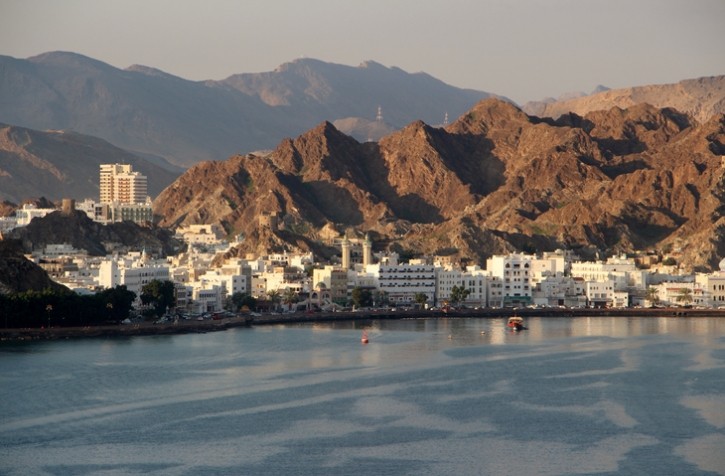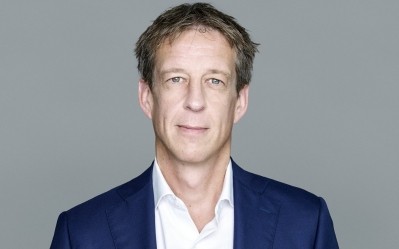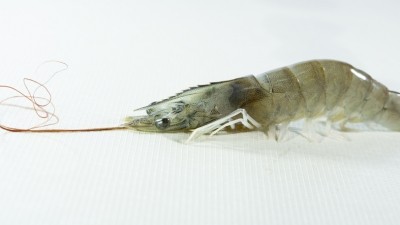Oman: Skretting and IFFC align on fish and shrimp feed market expansion

Thijs Berkers, general manager, Nutreco, Middle East & Africa Export, said the company is looking to establish a sizeable Skretting business in that country and has appointed IFFC as its distributor in Oman with that goal in mind.
“As an authorized distributor for Skretting, IFFC will now offer a comprehensive range of our feed products to fish and shrimp farmers across Oman.”
Skretting intends to leverage IFFC’s “extensive expertise and strong regional presence.”
Berkers told us that IFFC is also planning to build a fish feed plant, and that Nutreco has signed a service agreement to support that company’s plans going forward.
The Duqm-based company antiicipates starting commercial production at the end of next year, with an annual capacity of 31,200 metric tons, noted MuscatDaily.
Ensuring a profitable and sustainable sector
The aquaculture sector is rapidly expanding to meet the growing global demand for sustainable seafood, noted the IFFC. “With this surge in production, the industry faces numerous challenges, including ensuring the highest quality nutrition for aquatic species while minimizing environmental impact. IFFC recognizes these challenges and is committed to providing innovative, sustainable, and high-performance aqua feed solutions.”
Long-term strategic priority
With 3200 km of coastline and swathes of cultivated land, agriculture and fisheries are key economic activities across the sultanate, providing employment opportunities, and supporting the country’s economic diversification and food security efforts. These were vital industries prior to the discovery of hydrocarbons, particularly for coastal communities, according to a report from the Oxford Business Group.
“The climate allows for year-round fishing, and Oman is the only net exporter of fish in the GCC, accounting for over 31% of the region’s fisheries production. Increased government support under Fisheries and Aquaculture Vision 2040, a long-term plan for the sector announced in December 2015, seeks to turn it into a profitable, sustainable industry.
“Although the agriculture sector faces environmental challenges, Oman scored 35th out of 113 countries and third in the GCC in Economist Impact’s Global Food Security Index 2022, as the sultanate has been able to secure food stocks despite its reliance on imports and fluctuations in prices.
“To complement its food procurement policies, Oman has increased its investment and partnerships with private players to boost local food production, increase productivity and encourage the adoption of new technologies. Ultimately, agriculture and fisheries are among Oman’s long-term strategic priorities, not only to reinforce its food security and price stability, but also to act as significant growth engines for the economy.”










